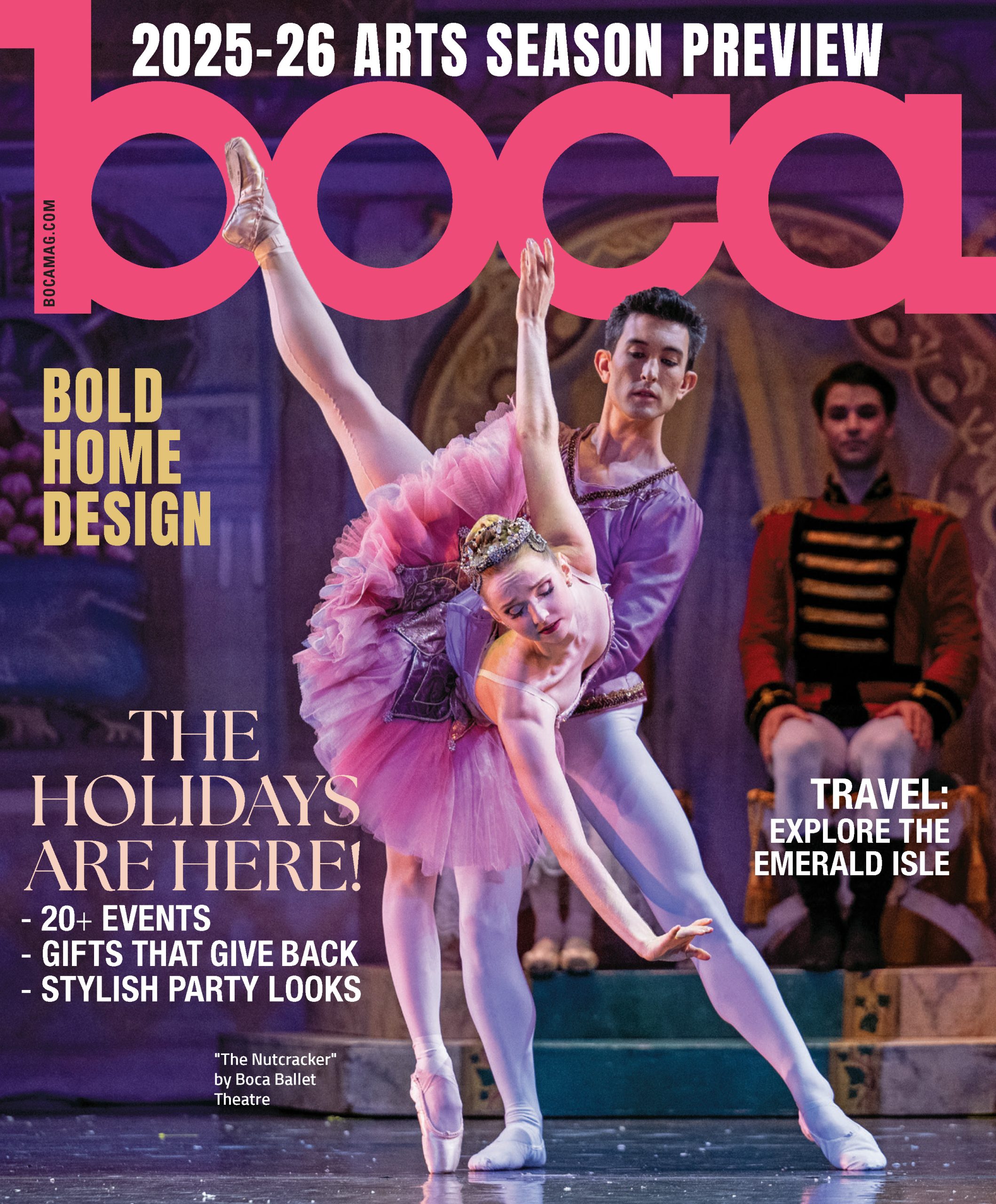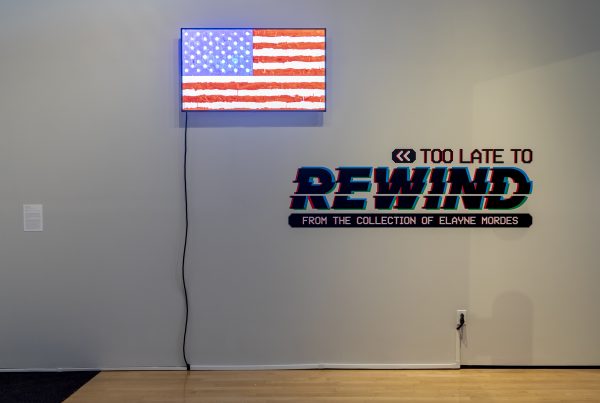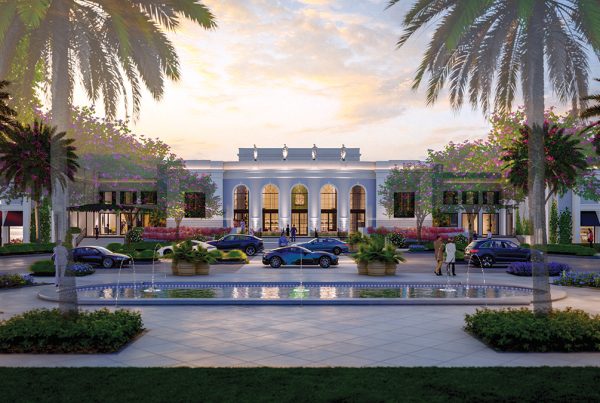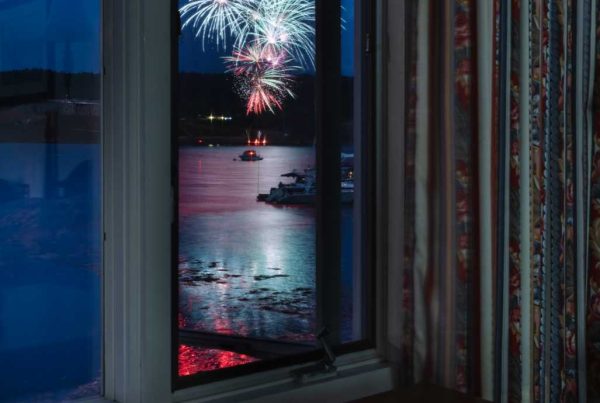
A standing ovation across the sold-out, 2,400-seat Carol and Barry Kaye Auditorium greeted Secretary of State Madeleine Albright yesterday afternoon for FAU’s annual Symposium on the American Presidency.
The former Clinton Administration official, whose thoughts and actions continue to reverberate and influence political discourse in the 21stcentury, was introduced by FAU history professor Stephen D. Engle. She opened her speech with a humorous anecdote about a trip through airport security: While she was “undressing” for security, a number of the TSA workers thanked her profusely for her work in Bosnia in the late 1990s, and a few of them snapped photographs with her. One clueless employee asked Albright who she was. Albright replied, “I was the Secretary of State.” The employee responded, “Of Bosnia?”
Albright then proceeded to speak on a wide variety of issues, from the rise of protest movements at home and abroad to improving the United States’ cooperation with other nations and preventing a repeat of the financial irresponsibility that cause the Great Recession. She did so with a mix of rehearsed eloquence and extemporaneous asides. Her palm-reading mother was, she says, “a nut,” and recalls saying that she never thought she could be secretary of state because “I had never seen a secretary of state in a skirt before.” Young people today, of course, see the position much differently.
Albright offered a civil diagnosis of the partisan gridlock that has stunted Barack Obama’s presidential agenda but, unlike last year’s speaker at this symposium, Daniel Ellsberg, she never said anything incendiary. Even a checklist of the current administration’s foreign-policy accomplishments left little room for Republican-bashing. Her lecture avoided extreme solutions and was filled with sensible, old-fashioned optimism, the kind that anyone, no matter their political affiliation, could get behind. One of her most memorable analogies was that foreign policy is less like a game of chess than a game of billiards, with one event ricocheting off another to start a movement; the Arab Spring is a definitive example of this.
Her half-hour speech was followed by a 30-minute question-and-answer session, where she fielded queries on issues as wide-ranging as the Paul Volcker Rule, corporate influence in our lives, the future of the Arab Spring, her favorite secretaries of state (George Marshall and Dean Acheson) and Israel’s response to Iran’s nuclear capabilities (“All options should be on the table”).
Here are a few of Albright’s best sound bites from a memorable afternoon.
“Believe it or not, I listen to Rush Limbaugh in my car. It’s amazing I haven’t run over somebody.”
“My father believed there was nothing better than bring a professor in a free country.”
“Foreign policy is trying to get another country to do what you want.”
“The way events [in the Arab Spring] were covered in the media didn’t do us any favors. Anderson Cooper shouldn’t think he’s one of the rebels. This is not a spectator sport.”
“I can’t believe I have Thomas Jefferson’s job.”
“Becoming an American is the most important thing that’s ever happened to me.”
“I’m happy to be at least a footnote in American history.”







